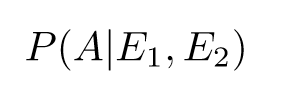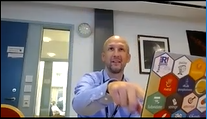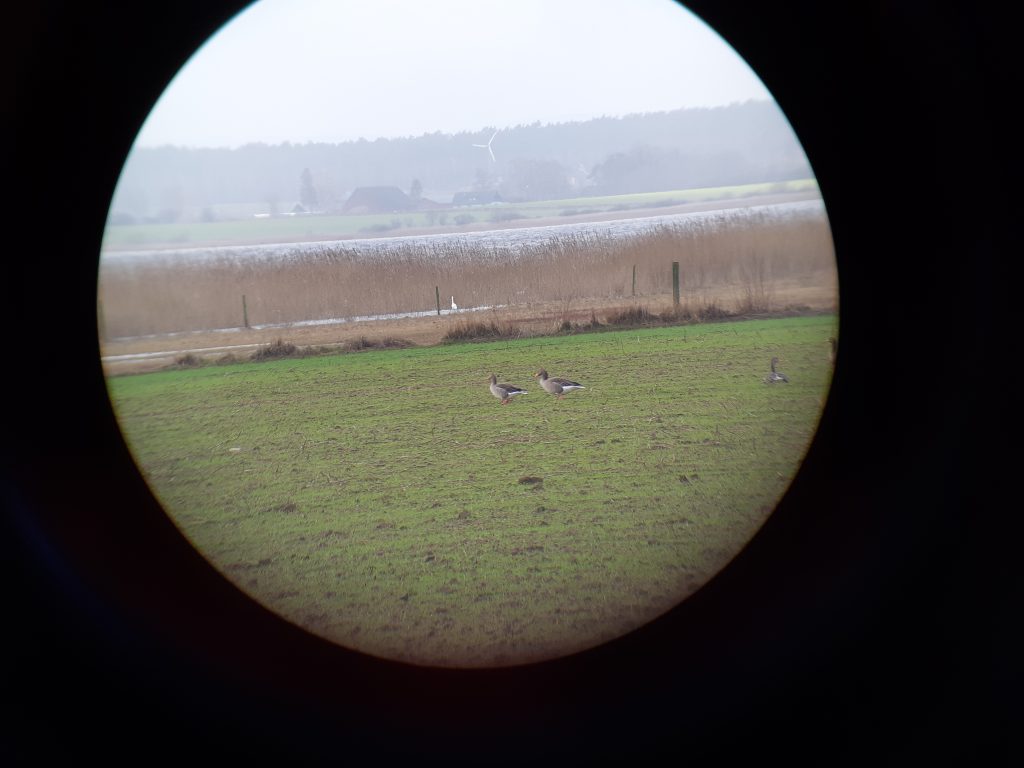Den 3 december 2020 bjuder Riskkollegiet och Uppsala universitet in studenter, medlemmar och andra intresserade på några korta föredrag där forskare och myndigheter presenterar hur de i sin verksamheter arbetar med risk. Efter föredragen har vi en kort allmän diskussion där alla frågor och kommentarer är välkomna. Program som pdf: Riskförmiddag_Uppsala_Program
10.00 Välkomnande och introduktion av Mattias Lantz (Uppsala universitet) och Riskkollegiets ordförande Ullrika Sahlin (Lunds Universitet)
10.15 Livsmedelsburna faror och nyttorRoland Lindqvist, Livsmedelsverket
10.30 Cyber-security in industrial control systemsAndré Teixeira, Institutionen för elektroteknik, Signaler och system (UU)
10.45 System engineering and system safety in complex technical system – how safe is safe?Maja Lundbäck, Försvarsmakten
11.00 Diskussion kring riskbedömningar. Moderatorer: Ullrika Sahlin och Mattias Lantz
11.15 Riskförmiddagen avslutas
Föranmälan: Riskförmiddagen sker via Zoom. Anmäl dig till seminariet (länk bit.ly/riskförmiddag2020) för att få en länk och lösenord till Zoom-mötet.





Comments